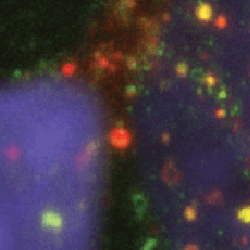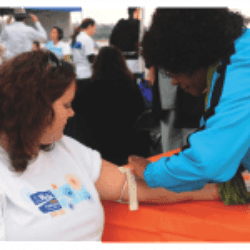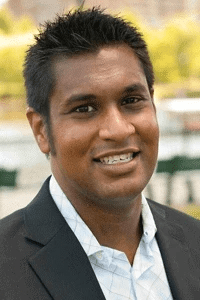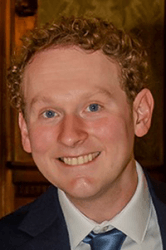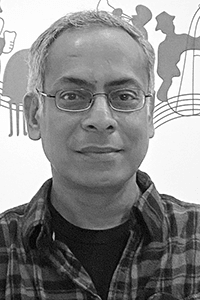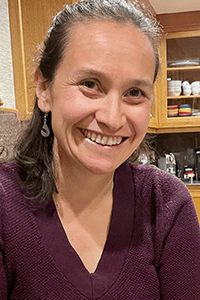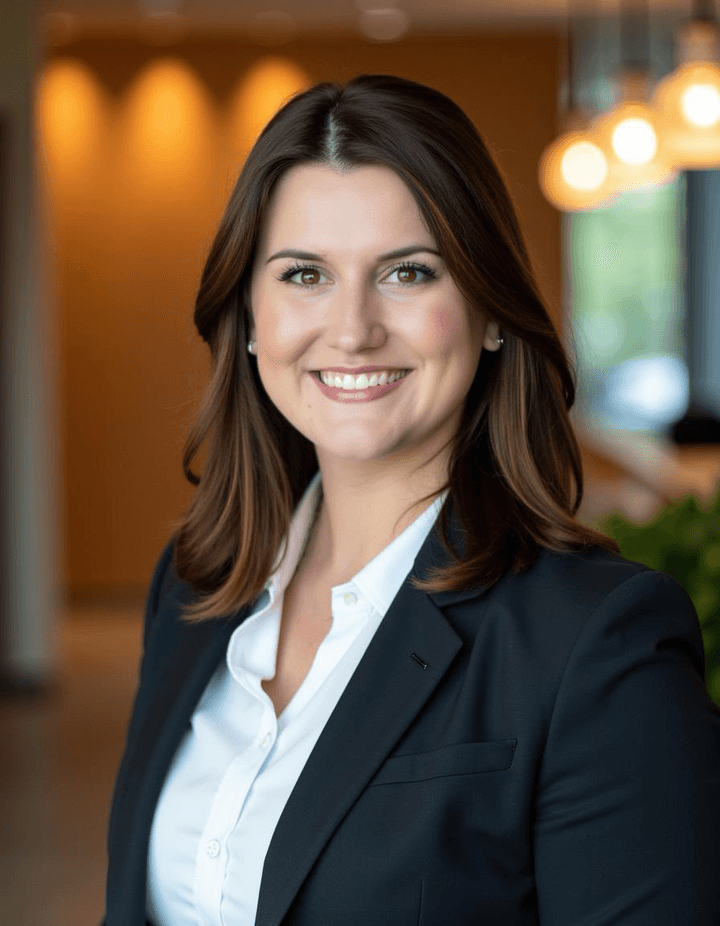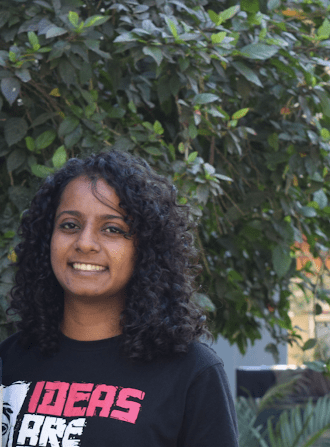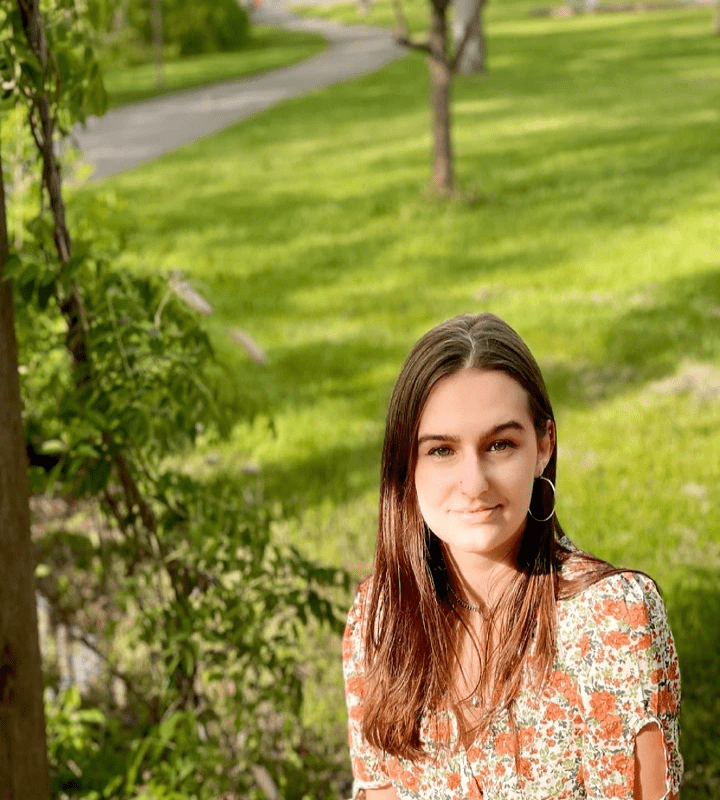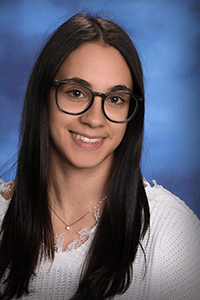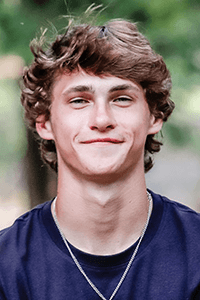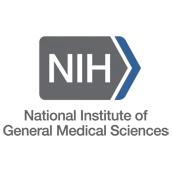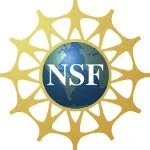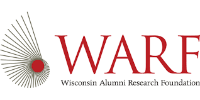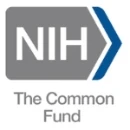

Engineering the next generation of
cell and gene therapies
publications
Select publications are highlighted below. For a full publication list, please see Paperpile (with PDF files), Pubmed or Google Scholar.
Efficient nonviral integration of large transgenes into human T cells using Cas9-CLIPT
Molecular Therapy: Methods and Clinical Development
Anna Tommasi*, Dan Cappabianca*, Madison Bugel, Kirstan Gimse, Karl Lund-Peterson, Hum Shrestha, Denis Arutyunov, James A. Williams, Seshidhar Reddy Police, Venkata Indurthi, Sage Z. Davis, Muhammed Murtaza, Christian M. Capitini, Krishanu Saha. 2025 [link]
Virus-free CRISPR knockin of a chimeric antigen receptor into KLRC1 generates potent GD2-specific natural killer cells
Molecular Therapy
Keerthana Shankar, Isabelle Zingler-Hoslet, Diana M. Tabima, Seth Zima, Lei Shi, Kirstan Gimse, Matthew H. Forsberg, Varun Katta, Sage Z. Davis, Daniel Maldonado, Brittany E. Russell, Muhammed Murtaza, Shengdar Q. Tsai, Jose M. Ayuso, Christian M. Capitini, Krishanu Saha. 2025 [link]
Non-viral expression of chimeric antigen receptors with multiplex gene editing in primary T cells
Frontiers in Bioengineering and Biotechnology
Metabolic priming of GD2 TRAC-CAR T cells during manufacturing promotes memory phenotypes while enhancing persistence
Molecular Therapy Methods and Clinical Development
Production and characterization of virus-free, CRISPR-CAR T cells capable of inducing solid tumor regression
Journal for ImmunoTherapy of Cancer
Mueller, K. P.*, Piscopo, N. J.*, Forsberg, M. H., Saraspe, L. A., Das, A., Russell, B., Smerchansky, M., Cappabianca, D., Shi, L., Shankar, K., Sarko, L., Khajanchi, N., La Vonne Denne, N., Ramamurthy, A., Ali, A., Lazzarotto, C. R., Tsai, S. Q., Capitini, C. M., & Saha, K. 2022. [link] [PDF] *equal contribution
"Editor's Pick" for October 2022
Human iPSC Modeling Reveals Mutation-Specific Responses to Gene Therapy in a Genotypically Diverse Dominant Maculopathy
The American Journal of Human Genetics
Divya Sinha*, Benjamin Steyer*, Pawan K. Shahi, Katherine P. Mueller, Rasa Valiauga, Kimberly L. Edwards, Cole Bacig, Stephanie S. Steltzer, Sandhya Srinivasan, Amr Abdeen, Evan Cory, Viswesh Periyasamy, Alireza Fotuhi Siahpirani, Edwin M. Stone, Budd A. Tucker, Sushmita Roy, Bikash R. Pattnaik, Krishanu Saha, David M. Gamm. 2020. [link]
*equal contribution
Media Coverage: UW-Madison [link]
Integrating Biomaterials and Genome Editing Approaches to Advance Biomedical Science
Annual Review of Biomedical Engineering
Amr A. Abdeen,* Brian D. Cosgrove,* Charles A. Gersbach, Krishanu Saha. 2021 [link]
*equal contribution
A biodegradable nanocapsule delivers a Cas9 ribonucleoprotein complex for in vivo genome editing
Nature Nanotechnology
Scarless Genome Editing of Human Pluripotent Stem Cells via Transient Puromycin Selection
Stem Cell Reports
Benjamin Steyer*, Qian Bu*, Evan Cory, Keer Jiang, Stella Duong, Divya Sinha, Stephanie Steltzer, David Gamm*, Qiang Chang, Krishanu Saha. 2018 [link]
*equal contribution
news
More Postsresearch
We utilize quantitative and bioengineering methods to advance the next generation of cell and gene therapies.

Genome Editing
CRISPR-Cas9, nanoparticle delivery
We develop new tools and insights into the editing of the human genome. Projects include understanding DNA repair and nanoscale assembly of nucleic acids and novel nonviral polymeric delivery agents around protein-based CRISPR systems. We are advancing two projects in the NIH Somatic Cell Genome Editing Consortium.

Biomanufacturing
Cell therapy manufacturing
Cells are living drugs that can be difficult to generate, scale-up, and quality control. Projects include monitoring and controlling the heterogeneity during gene modification and scale-up of stem cells and T cell immunotherapies (e.g., CAR T cells). We benefit from collaborations with the national Center for Cell Manufacturing.

Science and Technology Studies
Science Policy/Bioethics
We seek to understand the dynamic and heterogeneous processes by which novel bioengineered objects get embedded into law and policy. Outputs are designed to invoke reflection among practicing scientists on the social commitments behind their choices when engineering human cells, as well as to inform regulations, institutional obligations, and state policy. We leverage collaborations within Holtz STS Center, Bio+Society Collaboratory, and Forum on Regenerative Medicine.
meet our lab
Members come from several programs including biomedical engineering, biophysics, molecular biology and medicine.
social feed
job opportunities
We seek energetic and passionate researchers of all stages (postdocs, graduate students, undergraduates, and research associates) to join our team.
If you are naturally curious about biomedicine, want to invent new technologies to engineer life, and enjoy working in a creative and dynamic environment, we would love to work with you! Candidates with experience in stem cells, genetics, molecular biology, biomaterials, circuit design, bioengineering, or computational biology are encouraged to apply. Thank you for being so interested!
Post-Doctoral Scholars
The Saha Lab is hiring postdocs. We are looking for highly motivated scientists with great enthusiasm for gene editing and/or stem cell research and the ability to solve problems creatively.
Please send your application to ksaha@wisc.edu. The subject line must read "PostDoc Application". In your email, include the following:
- CV with a list of publications
- a short summary of your present and future research interests
- a list of three references (for postdoctoral candidates)
Graduate Students
Graduate students considering joining us should check out this link for information about what makes the Wisconsin Institutes for Discovery unique.
Interested in the numerical side of biology? Find out more about the Quantitative Biology Initiative at UW-Madison by visiting qbi.wisc.edu
Please send your application to ksaha@wisc.edu. The subject line must read "Grad Application." In your email, include the following:- CV (with a list of publications, if applicable)
- a short summary of your present and future research interests
- a list of two references
Contact Us
ksaha@
+1-608-316-4313
Address
Wisconsin Institute for Discovery
330 N Orchard St. Rm 4164
Madison, WI 53706
© 2022













